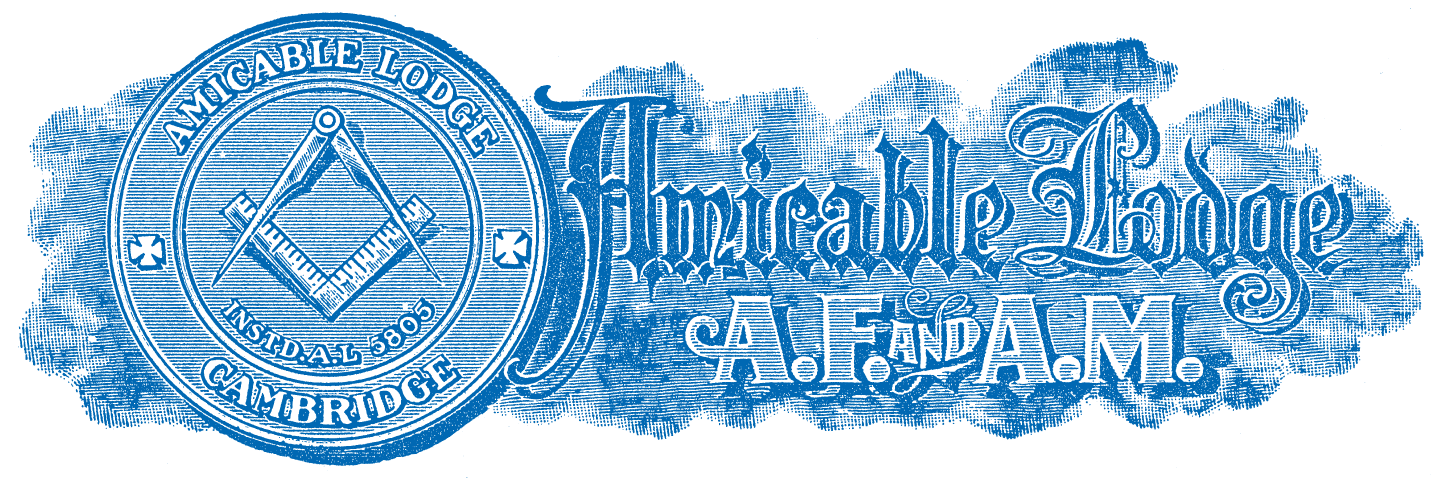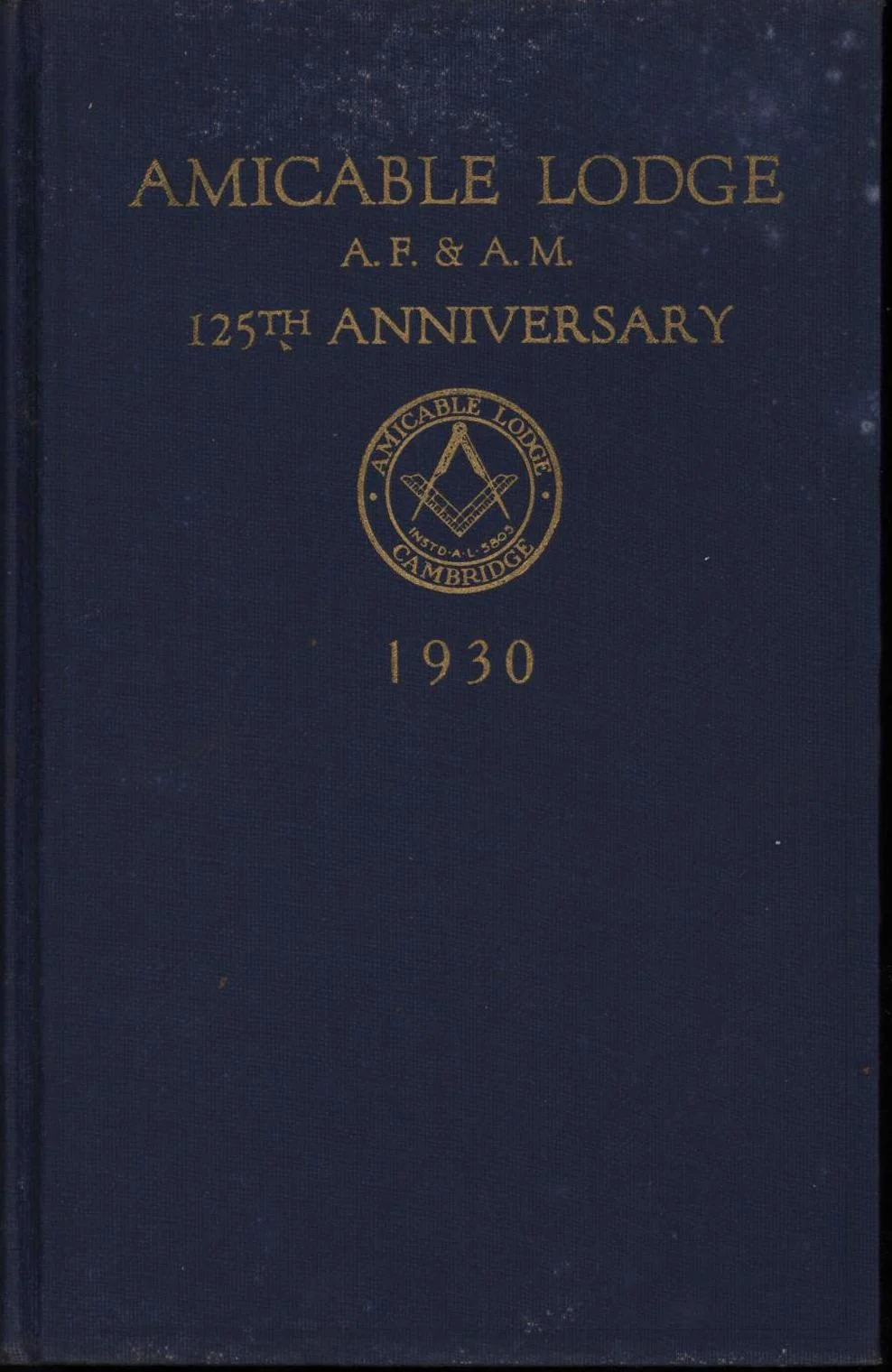Wor. Bro. David L. Riley is the 135th Past Master and former Secretary of Amicable Lodge. He can be reached at driley@gmail.com.
There is a common perception that American Freemasonry is in crisis. There is constant discussion of the fall in membership numbers and a general agreement that the Fraternity has lost both prestige and influence. Almost every Grand Lodge has rolled out some program or another to attempt to address the crisis.
One effort to increase membership numbers has been the One Day Class, which allows a man to take the three degrees of Craft Masonry (or more) in a single day. The argument is that this saves time for the busy man. Many Grand Lodges have done studies that demonstrate that retention for men Raised in a One Day Class is about the same as for men who go through a more traditional degree process in a local lodge. This certainly does make a case for the One Day Class.
I have long felt a sort of visceral objection to One Day Classes. Each of the degrees of Craft Masonry provides a vast amount of information to the candidate. It is difficult to imagine that a candidate will retain very much if all three are delivered in a single day. One Day Candidates generally have their degrees delivered with an exemplar, depriving them of the opportunity to have the experience of being the candidate. And, of course, they lose the experience of being the focus of three separate nights in the life of their lodge, allowing them to meet their new brothers, integrate into the lodge, and understand that their lodge desired to have them as members so much that they undertook the massive amount of work required for the degrees.
Nonetheless, I trust that the Grand Lodges which have reported that retention rates are the same for One Day Class Candidates and traditional candidates are reporting the facts as they find them.
I, however, reach a different conclusion from these facts than is promoted by advocates of One Day Classes. It is my conclusion that the experience of the degrees in many of our local lodges must be mediocre at best.
Mediocrity at all levels is the greatest challenge facing our Craft.
I have visited many lodges in many jurisdictions over the years. Most of the lodges I have visited have been filled with friendly men who have a real dedication to their lodge. There is, however, a willingness in many lodges to accept "good enough" or "the way it is" rather than striving for something better.
I recently attended a lodge whose meeting room is in serious disrepair. It is in such bad shape that it presents a genuine threat to the health and safety of those who attend lodge there. Nonetheless, the members of this lodge carry on meeting in the room and bragged to me that their dues were among the lowest in the jurisdiction. I'm not saying that you cannot practice Freemasonry in humble surroundings.
I am saying, however, that when a candidate is first brought to light in your lodge room, an impression is created by his surroundings. If they are not the best you can do, if they do not represent your respect and love for the Craft, if they do not show your care and affection for your lodge, then that will be clearly communicated to the candidate and he will govern himself accordingly. Freemasons should never brag that their lodge manages "on the cheap."
As a member of the suite of the District Deputy Grand Master, I once attended a lodge where they three times interrupted the First Degree as it was conferred on a candidate in order to conduct the business of an Official Visit. That candidate, like all candidates, had exactly one opportunity to experience the First Degree as a candidate. What did the lodge communicate to him about his place in the lodge and lodge's care for him by making him secondary to the visit of the District Deputy?
Every lodge has its struggle with ritual. Every officer has had a night where the brain and the tongue and the feet all appear to be working in opposition to one another. Every lodge has its expenses, its financial worries, and its limitations. I am not arguing that Freemasonry is a toy only for the wealthy or for those who have all the time in the world to devote to it. I am, however, arguing that Freemasonry demands that we do more than settle for what is easiest.
If American Freemasonry is to recover its cultural influence and be taken seriously by the wider society, then it must first take itself seriously. If we have one enemy as a Fraternity that truly presents a clear, present and existential danger, it is mediocrity.
Freemasonry thrives when it is clearly loved. When her sons devote themselves, to the best of their ability, to her upkeep and welfare, she provides generous rewards. When she is neglected, she becomes shabby and parsimonious with her gifts, both uninspired and uninspiring.
Look at your lodge. What is it that you, personally, can improve? Can you contribute some money towards some improvement? Do you have some particular skill that you can put to use for the benefit of your lodge? Have you simply noticed something that could easily be better than it is?

